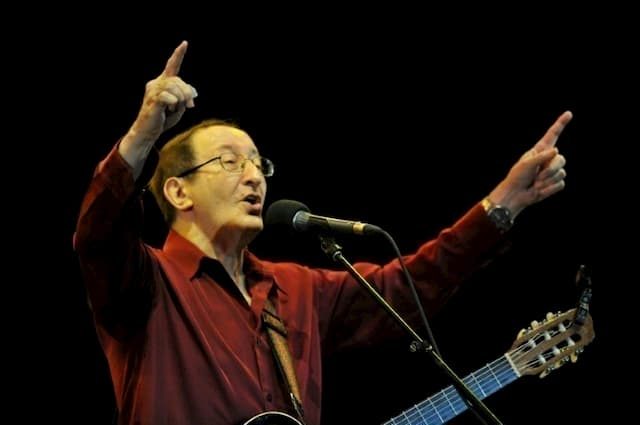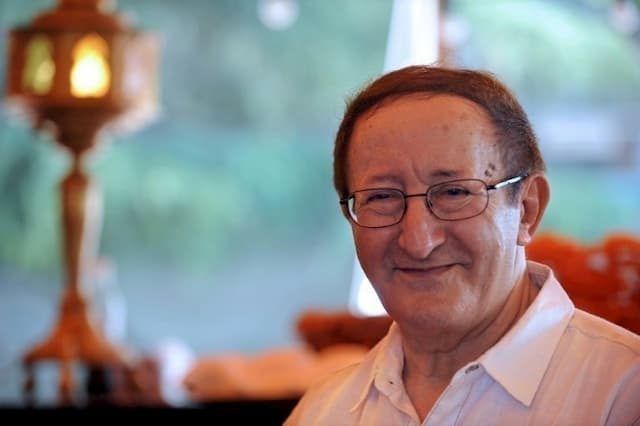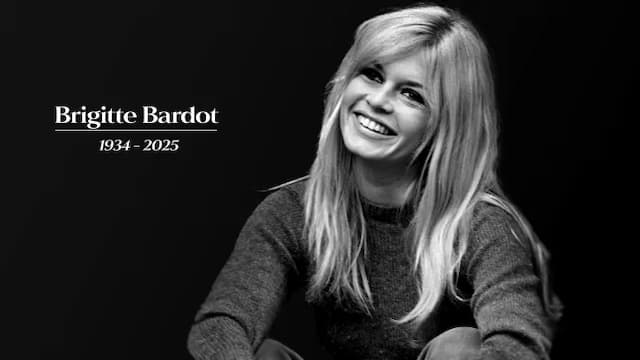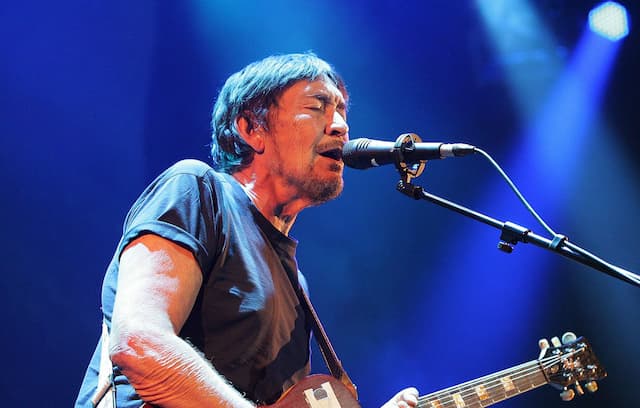Death of Algerian Singer Idir, Legend of Kabyle Music

One of the main ambassadors of Kabyle song throughout the world and interpreter of the famous “A Vava Inouva”, died Saturday 2nd May 2020 in Paris, at the age of 70 years.
Algerian singer Idir, performer of the famous “A Vava Inouva”, died Saturday in Paris at the age of 70, his family announced on Sunday 3rd May 2020.
“We regret to announce the death of our father (to all), Idir, on Saturday 2nd May at 9:30 pm. Rest in peace Dad, ”said a message published on the official Facebook page of the singer , one of the main ambassadors of the Kabyle song around the world.
Idir, who was hospitalized on Friday in Paris, died of lung disease. According to relatives, he should be buried in the Paris region.
Rain of tributes on social networks
The announcement of his death was not long in arousing a shower of tributes on social networks.
“I learned with immense sadness the news of the death” of Idir, “an icon of Algerian art”, greeted in a tweet the Algerian president Abdelmadjid Tebboune. “With its disappearance, Algeria loses one of its monuments,” he added.
The mayor of Paris, Anne Hidalgo, also paid tribute to the artist. “His humanist commitment, his commitment to Kabyle culture will remain in our hearts. Her magnificent voice will resonate for a long time at the town hall where so often we have celebrated the Berber New Year together, ”she said on Twitter.
Idir, son engagement humaniste, son engagement pour la culture Kabyle resteront dans nos cœurs. Sa voix magnifique résonnera longtemps à l’hôtel de ville où si souvent nous avons ensemble célébré le nouvel an Berbère. https://t.co/I3JrIx3fj4
— Anne Hidalgo (@Anne_Hidalgo) May 3, 2020
For Ferhat Mehenni, a famous singer exiled in France, Idir is “a Kabyle star illuminating the immensity of the universe”. “Idir, you will never die.” Through your melodies, you will continue to thrill generations. ”
The president of the Departmental People’s Assembly of Tizi Ouzou, Idir’s native region, Youcef Aouchiche, hailed a singer “who will continue to illuminate the Algerian artistic sky (…) with his music and his beautiful words”.

“I arrived at the right time, with the right songs”
From his real name Hamid Cheriet, Idir was born on October 25, 1949 in Aït Lahcène, near Tizi-Ouzou, the big city of Kabylie, region where most of the Berber-speaking minority in Algeria is concentrated.
While he intended to be a geologist, a passage in 1973 on Radio Alger changed the course of his life: he replaced at short notice the singer Nouara, and her song in Berber language “A Vava Inouva”, which evokes the evenings in Kabyle villages, goes around the world while doing military service.
“I arrived at the right time, with the right songs,” he said in 2013, indicating that he was imbued from childhood with the songs that punctuated all the moments of daily life.
He joined Paris in 1975 to produce his first album, also entitled “A Vava Inouva”. But he disappeared from the scene for ten years, from 1981 to 1991, but his career was then relaunched.
In the fall of 1999, taking advantage of the momentum given by his compatriots, the raï singers Cheb Mami and Khaled, he signed his discographic return with the album “Identités”, where he offered a mixture of “Chââbi”, music popular Algerian, and rhythms borrowed from Western genres.
Like his desire to mix cultures, he sang there with musicians from different cultural, musical or geographic horizons, such as Manu Chao, Dan Ar Braz, Zebda, Maxime Le Forestier or Gnawa Diffusion, Gilles Servat, Geoffrey Oryema and the National Orchestra of Barbès.
Read also: The actress Delphine Serina is dead
“Moments of grace”
In 2007, he published the album “La France des couleurs”, in the middle of the campaign for the French presidential election marked by debates on immigration and identity.
In January 2018, the singer returned to sing in Algiers for the Berber New Year “Yennayer” after an absence of 38 years.
Idir was an ardent activist for the recognition of the cultural identity of Kabylia, in a country where the claims linked to the Berber identity were long denied or even repressed by the State, built around Arabity.
In an interview with the Sunday Journal, in April 2019, he spoke of the popular demonstrations against power in Algeria, which led to the departure of President Abdelaziz Bouteflika. “I loved everything about these events: the intelligence of this youth, their humour, their determination to remain peaceful,” he confided.
“I admit to having lived these moments of grace since February 22 (date of the beginning of the movement, note) like breaths of oxygen. I have pulmonary fibrosis, I know what I’m talking about. If we stay united, nothing and no one can undo us.”

Enjoyed this? Get the week’s top France stories
One email every Sunday. Unsubscribe anytime.


